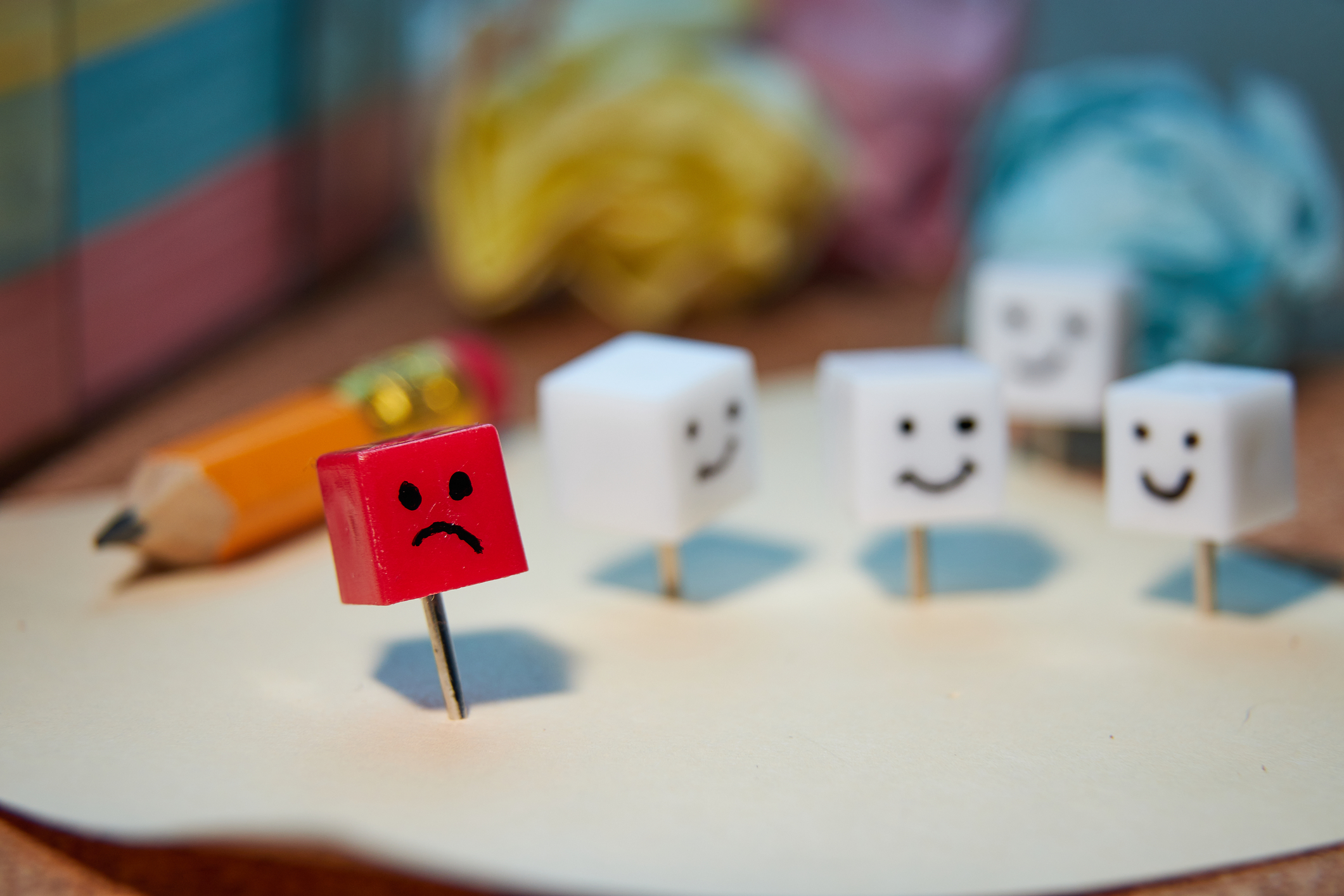Economic disappointment is the new normal

Anyone still waiting for a “new normal” is going to be disappointed. And they have a lot of company on that bandwagon of broken dreams.
With headlines blaring daily about inflation, supply chain problems and the amusement park ride that is Wall Street, it’s not surprising there’s a lot of disappointment in the air. Just a few short months ago, things were looking good. Unemployment was down and consumer spending was up.
global pandemic still a threat and global turbulence roiling international relations and finance, somehow, this latest bout of inflation and economic ennui seems worse.
Inflationary cycles are a fact of economic life and part of the world we live in. The boom-and-bust cycle of growth and recession is an ongoing theme in human history. T
Still, the doom-and-gloom prognosticators feed consumers a steady diet of bad news. It’s true this recovery feels different from previous periods of growth. But what makes now so different?
A lot of it comes from information overload. Financial conditions and fiscal policy are endlessly debated on a wide variety of media platforms.
It wasn’t too long ago that were a lot more laid back about the economy, just last year, in fact.
According to the Federal Reserve Board’s report on the Economic Well-Being of U.S. Households, “self-reported financial well-being reached its highest level since the survey began in 2013, with 78% of adults doing okay or living comfortably financially.”
The sudden shift in economic fortunes — made painfully clear by the surge in inflation – coming so quickly after a period of economic optimism just a few months before made the shock even worse.
The current inflationary cycle feels worse because last year was supposed to be the light at the end of the tunnel. Things were supposed to return to calm and become more predictable.
In the end, rumors of some return to normality were greatly exaggerated.



